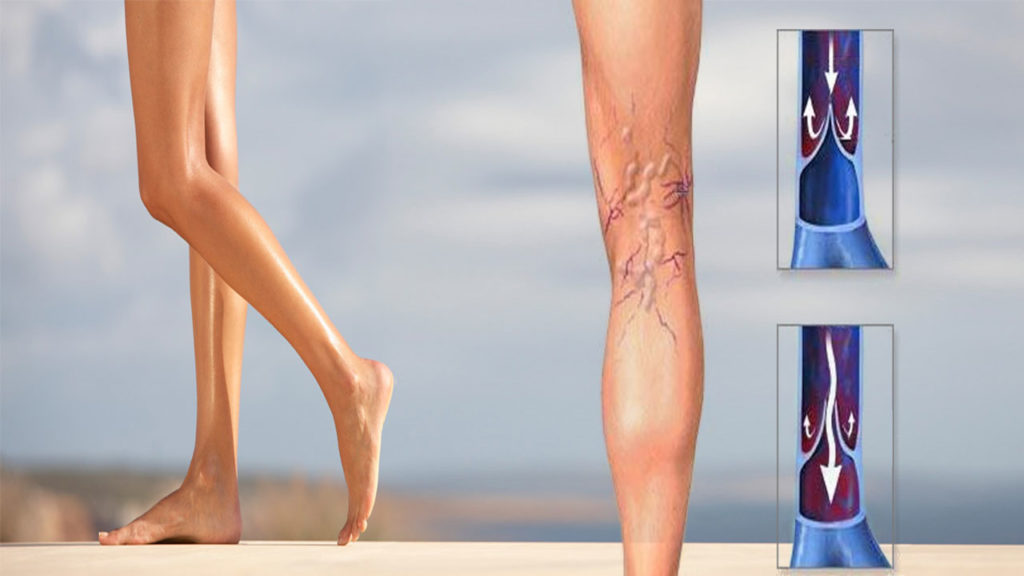Anesthesia and varicosis are important in terms of the surgery type, duration and the degree of venous stasis. It would be beneficial for you to give information to your anesthetist about your varicosis, welling in the feet, color change and pain complaints. Venous stasis in the feet (blood which needs to flow upwards in the vein valves travelling downwards due to the a failure in the valves) can become more apparent. Therefore, if your anesthetist finds it necessary, he/ she will direct you to branch doctors to see the degree of this failure and maybe to firstly plan the treatment of the failure (interventional radiologist, cardiovascular surgeon, etc.) In this period, the blood clot preventing socks suggested to you are used frequently to receive healthier results. Of course, when it is time for surgery after the necessary diagnosis studies, your anesthetist will apply pressured bots to you when you are unconscious for the circulation of blood in your legs to be more fluid. In addition, the use of this device is a method which is routinely wanted. Even if you do not have varicosis, this is optimal for every patient who will have anesthesia. After you are moved to your room, unless your doctor states Otherwise, doing feet exercises in bed, having lots of water orally and frequent walks after you are permitted to stand up are other suggestions. Additionally, it would be helpful to but varicose socks before surgery as support or class1. These are all used to prevent blood clots and give serious damage to our important organs under the name of embolism. If your doctor finds it necessary, blood clot preventing shots can be prescribed for the post-surgery period for a while. Let your guide always be your doctor.
